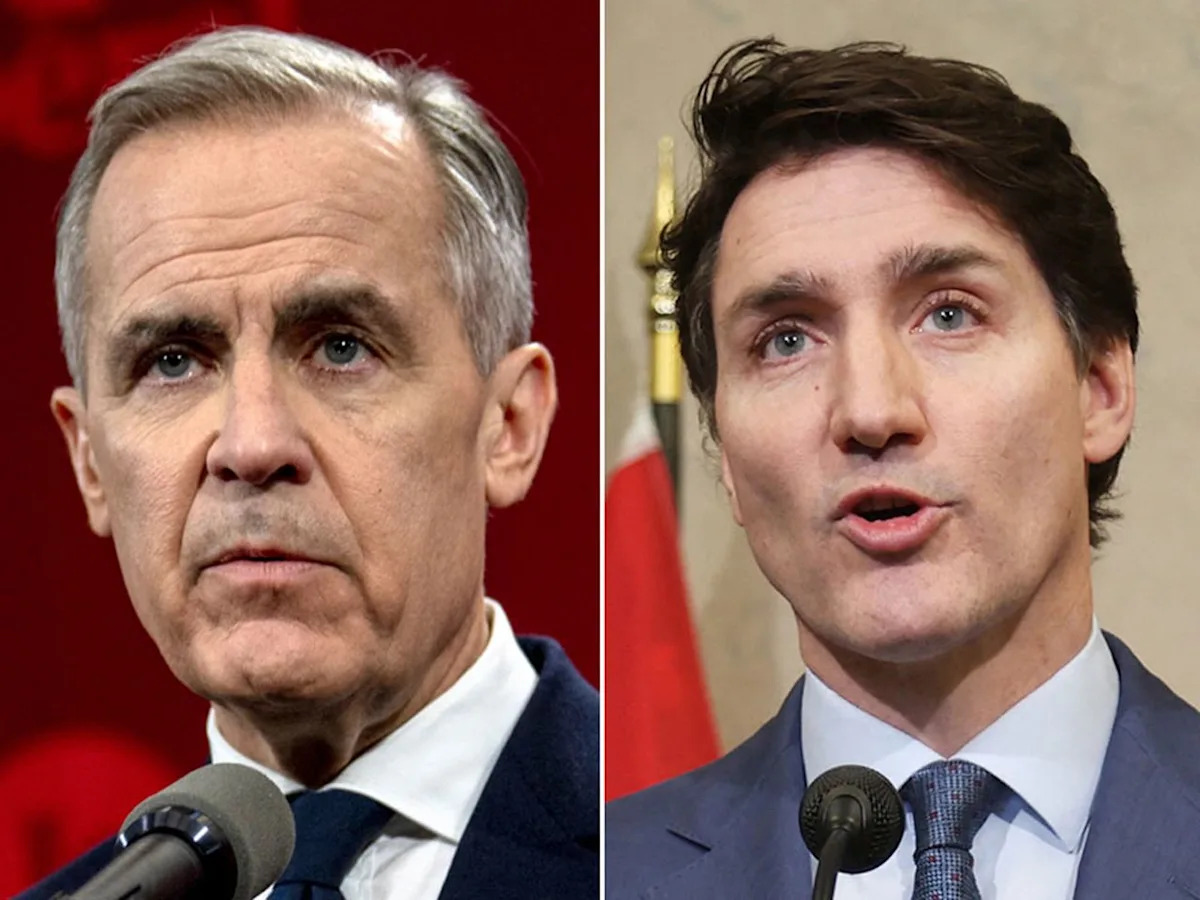The federal Liberals – starting with former prime minister Justin Trudeau and continuing under Mark Carney – sold their climate strategy to Canadians based on three myths.
First, that it would be a huge job creator.
Second, that Canada would hit the government’s industrial greenhouse gas emission reduction targets.
Third, that most Canadian households would be financially better off as a result.
To the contrary, a recent study by the fiscally conservative Fraser Institute estimates that over the past decade, the federal, Ontario, Quebec, Alberta and B.C. governments have spent or foregone revenues of $158 billion in inflation-adjusted 2024 dollars to create a mere 68,000 “clean energy” jobs.
That’s an estimated cost of $2.3 million per job.
“Governments, activists and special interests groups have been making a lot of claims about the opportunities of a clean economic transition, but after a decade of policy interventions and more than $150 billion in taxpayers’ money, the results are underwhelming,” said Elmira Aliakbari, co-author of the study titled The Fiscal Cost of Canada’s Low-Carbon Economy.
A second Fraser Institute study – Sizing Canada’s Clean Economy – concluded that after almost a decade of federal and provincial governments funnelling billions of dollars into the “clean economy” from 2014 to 2023, its percentage of Canada’s total economy of $3.3 trillion barely moved from 3.1% of GDP to 3.6%.
As for meeting federal emission targets, the Canadian Climate Institute and the Trottier Energy Institute at Polytechnique Montreal recently concluded the Liberals’ target of reducing Canada’s emissions by at least 40% compared to 2005 levels in 2030 is out of reach and that the government will achieve, at best, half of that.
RECOMMENDED VIDEO
The parliamentary budget office – a watchdog on federal spending – reported that before Carney cancelled the consumer carbon tax, most Canadian families were in fact paying more in carbon taxes than they received in rebates, when factoring in the negative impact of the carbon tax on the Canadian economy.
During the last election, Carney promised to replace the consumer carbon tax with an “improved and tightened” industrial carbon tax that would benefit both consumers and businesses. But his recent budget, while containing nine pages about his so-called climate competitiveness strategy, had no specifics on how it will work.
Call it a myth in the making.

